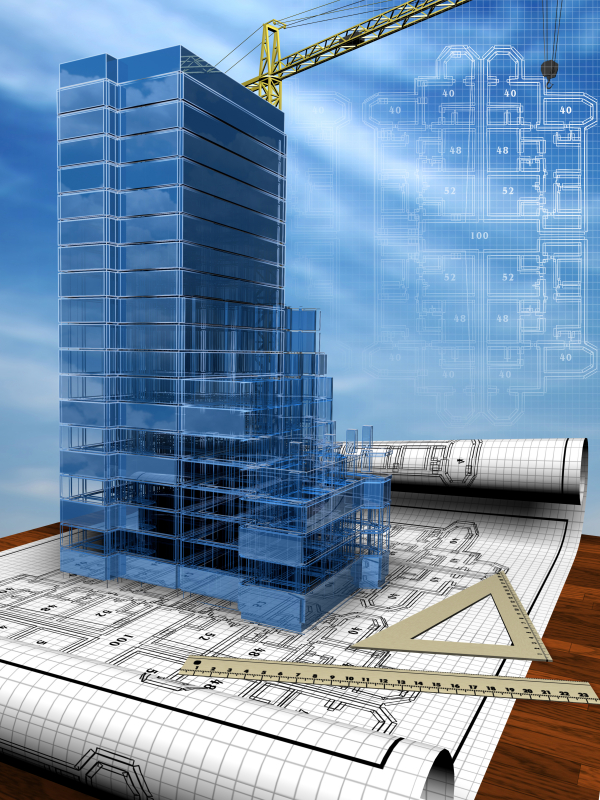In recent times, Toronto’s condo market has seen its fair share of limited supply, rising rents, and a detachment from the market. With developers and analysts putting their heads together to predict the market trends of 2019, we are seeing signs that reveal how market could get a bit rough for new renters, builders, and buyers. Affordability poses the biggest problem here. Revised condo Prices are deterring most first-time buyers in Toronto. Preconstruction condos are going over $1,000 a square foot in 2019 from $595 a square foot in 2016, which is a whopping 68-per-cent increase!
Previously pre-sale condos used to fall on the pricier end of the spectrum as compared to what’s already available in the resale market, since unbuilt condos were generally priced for future sale in a market that only follows an uphill journey. However, in the course of the last three years, resale condo prices have risen 50%, triggering a buying spree in 2018 when buyers flew in from everywhere to lock over 60,000 presale deals at seemingly discounts prices. This is because resale prices soared above presale one in 2017, sparking a frenzy that took all potential buyers in its storm.
Come 2018, Resale prices slowed their steep upward journey, but Urbanization has predicted that prices that prices are sure to see a 6% increase in 2019, giving an extension to the 19-month trend where the prices of detached homes grew slower than those of Condos. This becomes all the more important when you factor in the fact that detached-home prices saw a steeper growth those condo prices between 2012 and 2017, for 62 straight months.
Seeing the other side of the coin, if resale prices are moderated by an increased supply, it might hurt recent buyers, including investors who rely on steep rents to make good on their mortgage payments on their units. Developers have set a new record in 2019 for the delivery of finished condo apartments. According to sources, more than 25,000 units have been released by developers; one of the greatest supply jolts for a market that only churned out 15,000 finished projects over the last two years.
We have analyzed records in online Toronto-area listings to see a better picture of rent growth. The number of leased units reached 27,426 in 2018, while rental prices saw a 9.3 per cent growth. According to an analysis, condo rents could yet again soar by 11% by the end of 2019. Even though in recent years the number of new units being rented only makes up 30 per cent of all delivered units, the arrival of 7,000 rental apartments has somewhat alleviated the rental frenzy to an extent.
As history has it, rent growth slows in proportion to an increase in completions. However, we cannot explicitly say that rents are going to fall. On the contrary, while there’s room to grow, it won’t be by more than 10%. The cherry on top is that while rents maintain an all-time high, they won’t be lofty enough for investors who overpaid for preconstruction units in the past. Developers have to contend with an entirely new set of problems. Even with more units undergoing construction in Toronto than ever before, construction costs boosted up 7.2% in 2018, with no signs of ever taking respite.
The deadly combo of slower time to construction and rising construction could result in a higher number of project cancellations. 2018 alone saw more than 4,000 cancelled units, almost tripling the record of 1,678 cancellations in 2017, even though it still makes up only 4% of all the active units in the market. Furthermore, the higher prices of downtown condos are compelling buyers to encroach further afield to purchase in transit-serviced areas such as Etobicoke condos.
All this could spell disaster for our industry. Most people in the industry take their time preselling almost 90% of the units before gleaning approvals and getting blueprints. Assuming you suddenly find yourself two years ahead of when you sold those units. With exhorbitantly high modern-day prices, you are going to have a tough nut to crack if you sold in that market a few years down the road. How are you going to break even





Post a comment